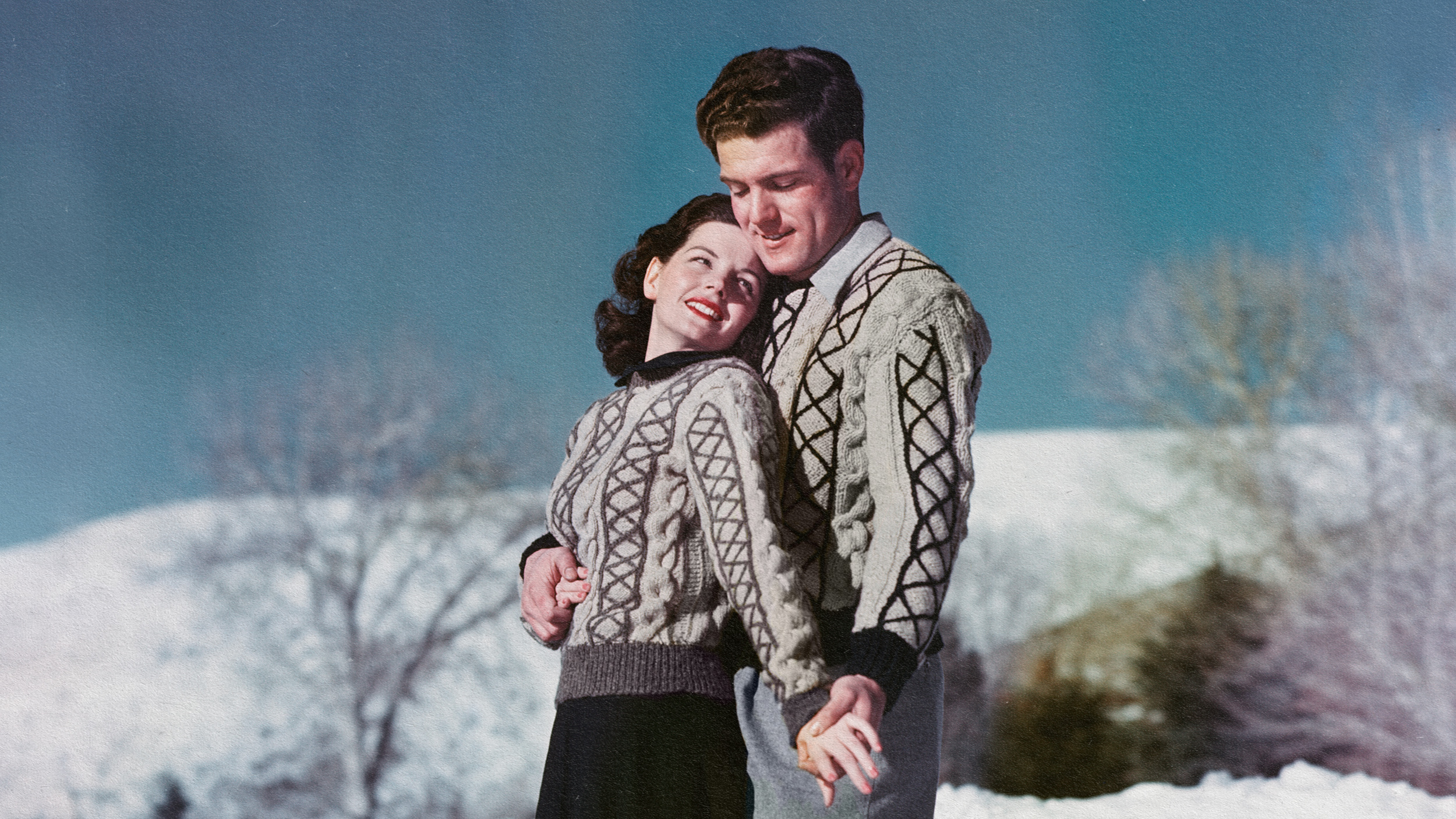People who engage in fat-shaming tend to score high in this personality trait

Pixabay
- The study compared personality traits and obesity views among more than 3,000 mothers.
- The results showed that the personality traits neuroticism and extraversion are linked to more negative views and behaviors related to obesity.
- People who scored high in conscientiousness are more likely to experience “fat phobia.
A new study explores the relationship between personality traits and attitudes toward obesity, revealing that one’s level of neuroticism is linked to anti-obesity views.
It’s long been known that certain personality traits seem to have a considerable impact on the ways in which individuals view their own bodies. For example, people who lean toward neuroticism are more likely to hold negative views about their own bodies, while highly conscientious people are less likely to be obese. What’s new about this study is that it examined the relationship between individuals’ personalities and their views about obesity in others.
“There is a social dimension to body weight,” study co-author Angelina Sutin, associate professor in FSU’s College of Medicine, told Florida State University News. “People have attitudes about body weight and what contributes to obesity. People also often vocalize their fears about how they look and what they need to do to lose weight. We wanted to know whether personality contributes to this social experience.”
The study, published in the journal Personality and Individual Differences, used the five-factor model to measure personality traits. This model, also known as the Big 5 model, uses questionnaires to measure personalities along five dimensions: agreeableness, extraversion, openness, neuroticism and conscientiousness. Most people’s personalities are a varied mix of all five dimensions, with some people showing scores more heavily weighted in one or two particular dimensions.
Using the five-factor model, the researchers measured the personality traits of more than 3,000 women, and also used surveys to record their attitudes and behaviors related to obesity. The results showed that people who scored high in neuroticism and (albeit to a lesser extent) extraversion were more likely to hold negative attitudes toward obesity, and were also more likely to engage in “fat talk” around their friends and children.
Neuroticism, by the way, is characterized by the five-factor model as a propensity to be moody and experience negative feelings like anxiety, worry, fear, anger, frustration, envy, jealousy, guilt, depression and loneliness
An unexpected finding about conscientiousness
The study identified a link between conscientiousness and so-called fat phobia, commonly described as an irrational fear of fatness.
“One aspect of conscientiousness is following the norms of society,” Sutin told FSU News. “Even though two-thirds of the U.S. population is overweight or obese, there are strong social ideals for health and fitness — even if, on average, we do not meet these ideals.”
Because people who score high in conscientiousness are prone to conforming and following society’s lead, they might be more inclined to internalize these values and let them guide their behavior and attitudes.
“Their endorsement of obesity stereotypes may be consistent with their need to fit with beliefs held by society more broadly,” Sutin said.
Although the study is limited because it only focused on mothers, Sutin suggested future generations would benefit from a better understanding of how personality interacts with attitudes on obesity.
“Attitudes have broad-reaching consequences — for how the individual feels and responds to their body, for shaping children’s attitudes toward their own bodies and the bodies of those around them, and for policy,” she said. “If people hold negative attitudes toward obesity, that could shape the way that policies are made and implemented and perpetuate stigma toward obesity rather than constructive ways to address it.”





